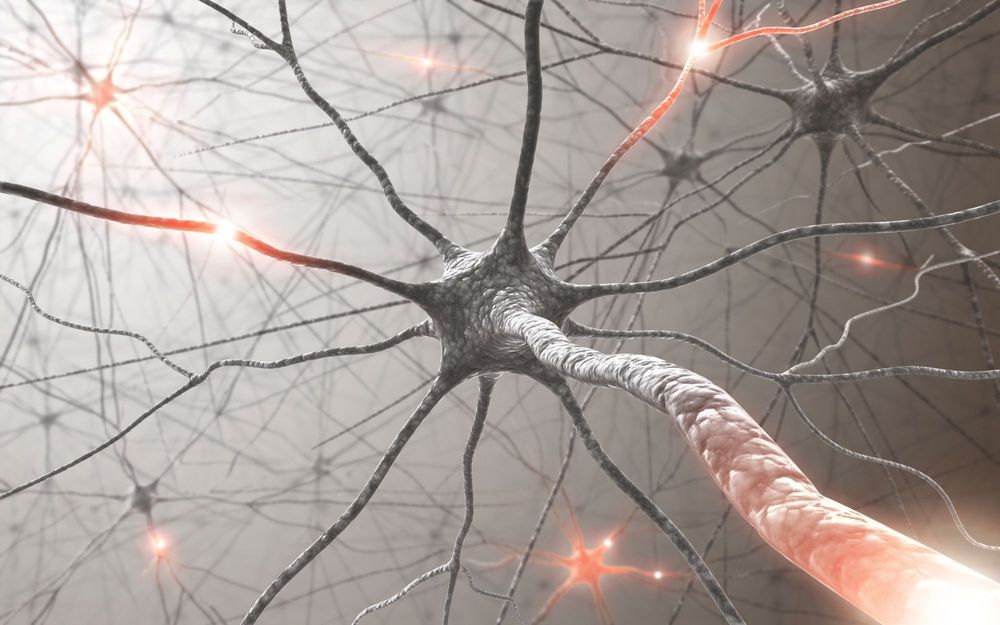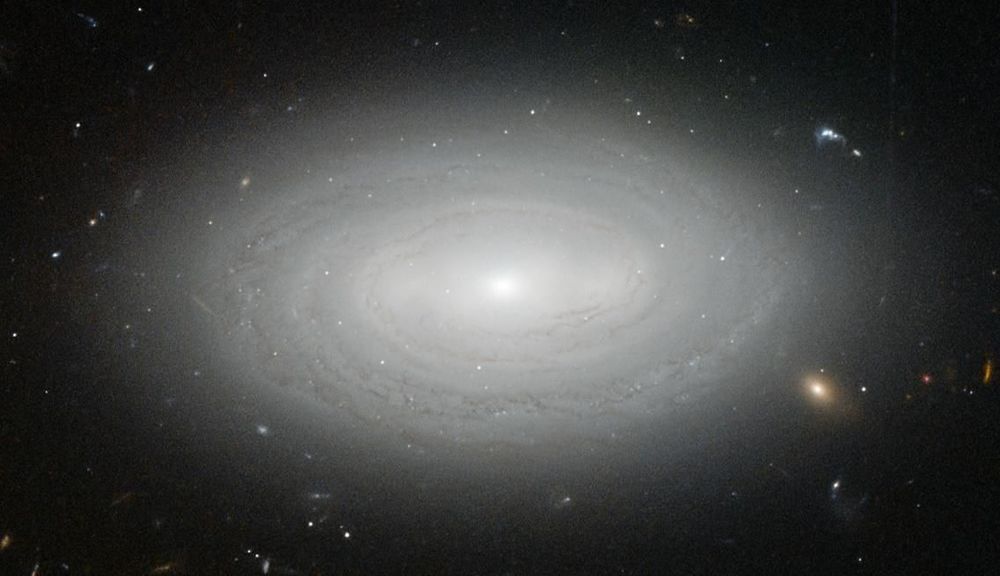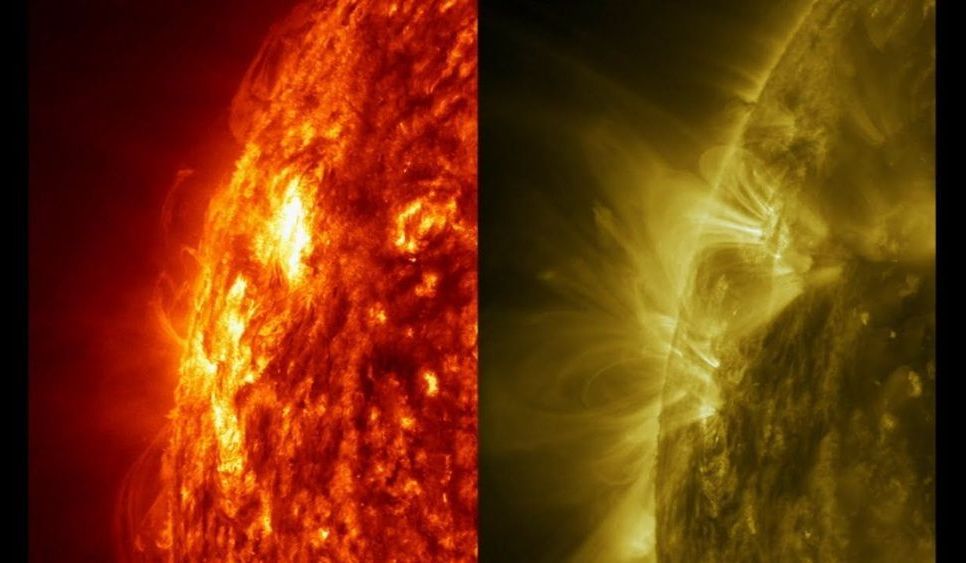A computational model could improve the selection of tumor antigens for personalized cancer vaccines that are now in early-stage clinical trials.
Every cell in the human body is coated with fragments of proteins called antigens that tell the immune system what’s inside the cell. Antigens presented on cells that are infected by foreign invaders or have become rogue cancers prompt an immune attack. Such antigens are often used in vaccines to spur immune responses against, for example, viruses like the flu. But to make vaccines that effectively stimulate attack against cancer, researchers need to predict exactly which tumor-specific antigens will be displayed on tumor cells and hence would be the best ones to put in a cancer vaccine.
Now, scientists at the Broad Institute of MIT and Harvard, Dana-Farber Cancer Institute, and Massachusetts General Hospital have developed a new computational tool that could help with this task. The researchers turned to machine learning to analyze a diverse set of more than 185,000 human antigens that they discovered, and generated a new set of rules that predict which antigens are presented on the surface of a person’s cells. The findings, published today in Nature Biotechnology, could aid in the development of new treatments that stimulate the immune system to attack cancer as well as viruses and bacteria.









